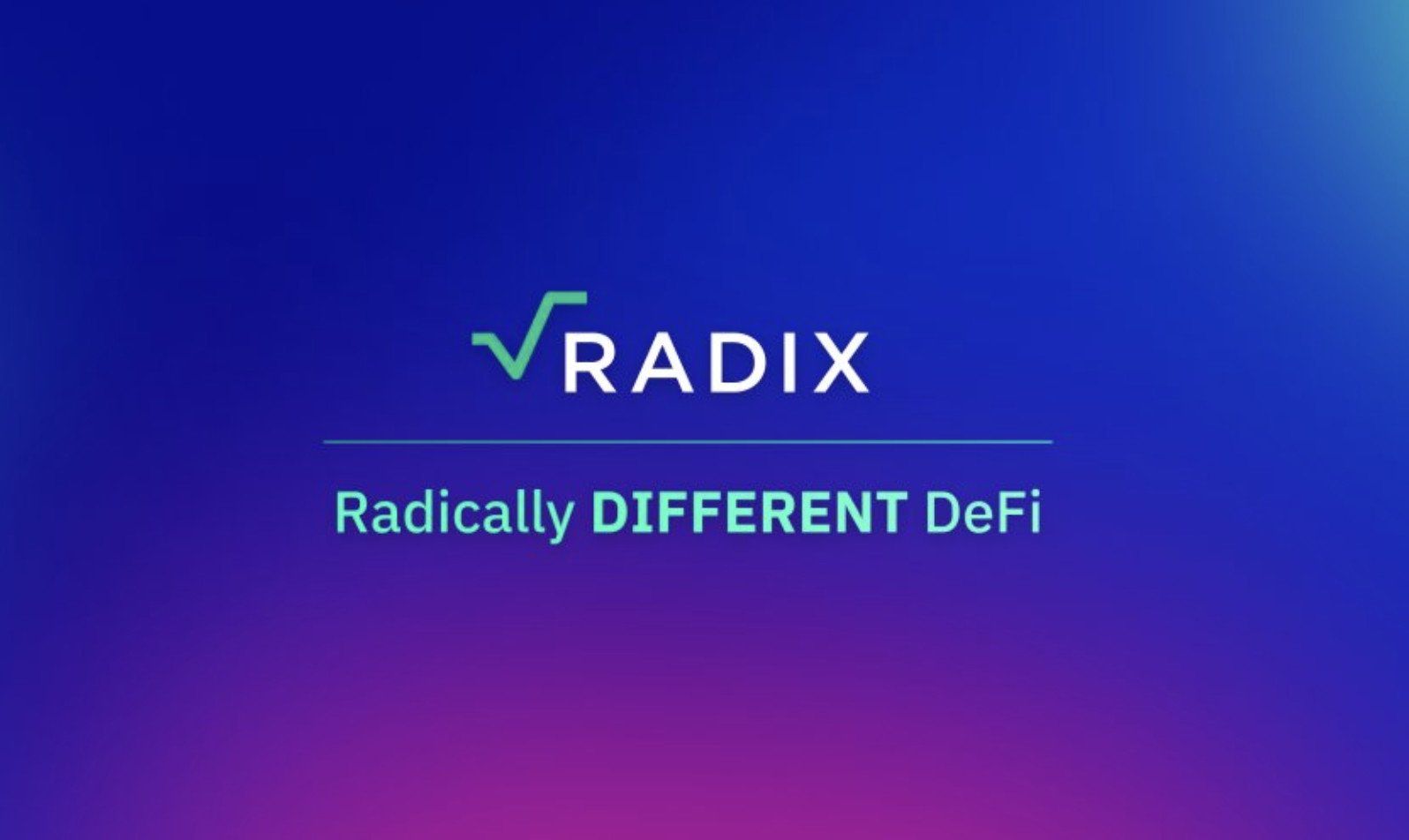Blockchain Radix launches its Alphanet with a focus on DeFi

The Babylon Alphanet test network went live today, marking another significant step forward for the self-described "asset-oriented DeFi" platform Radix.
Radix's Babylon Alphanet, the first significant update to the current Radix Public Network that went live in December last year, introduces the project's application development environment Radix Engine, which is reportedly the first programmable DeFi engine in the world. Scrypto, the first asset-oriented programming language for smart contacts, is another innovation. There are also many additional new features, such as a new asset-oriented transaction architecture and modifications to the way wallets communicate with the Radix network.
The launch of Radix Engine is an eagerly anticipated development since it will provide programmers with the resources they require to begin developing for Radix. As a result of its architecture, which enables the creation of DeFi applications using "components" and "blueprints," which can be viewed as reusable building blocks, Radix's main promise is "radically different DeFi." The core concept is that developers may use these pre-written components and blueprints that represent various functions to piece together applications more quickly rather than having to write a ton of smart contract code for each each function within a DeFi app. Furthermore, because the components may be reused, they are much safer than conventional smart contracts.
"More and more individuals are beginning to understand the difficulty connected with constructing after the $3 billion lost in DeFi hacking of the $50 billion market cap. The CEO of RDX Works, Piers Ridyard, described it as "demo DeFi." "Developers and the rest of the world can now see that a path to 100x DeFi is on the horizon thanks to the launch of Alphanet. Despite the weak market, our momentum is increasing.
According to a press statement from Radix, the introduction of Babylon Alphanet represents stage two of the company's release timetable and is intended to help developers get acquainted with its distinctive DeFi architecture. Ahead of the mainnet's launch, they can utilize the network to develop complex DeFi dApps and test various protocols, interfaces, and related technologies. It's a well-considered strategy that ought to provide everyone developing on Radix plenty of time to polish and complete their dApps before the mainnet launch.
The release of the Babylon Alphabet highlights the Radix ecosystem's and community's fast expanding momentum in addition to marking an important project milestone. Considering that the project barely started in December, at the start of the crypto winter, more than 3,000 developers have already begun developing on Radix. Additionally, Radix cited a number of other notable growth statistics, namely a 52% increase in the number of active Radix wallets with more than 2,000 XRD and a seven-fold increase in transaction volume on its network since the year's beginning.
Before the Radix public network mainnet launch early next year, the Babylon betanet will deliver solid APIs and a finished version of Scrypto, letting developers to start with production tests of the first-generation of Scrypto dApps.